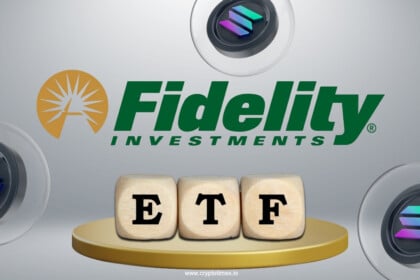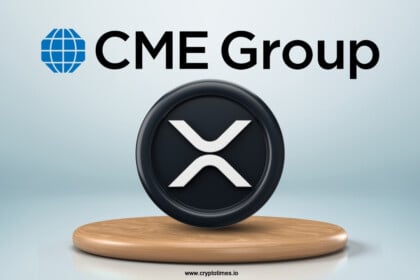The draft of the Responsible Financial Innovation Act of 2025 related to digital asset regulation released on Friday by the U.S. Senate Banking Committee, explicitly states that staking and airdrops are not securities. The 182-page draft aims to provide much-needed legal clarity for the crypto industry and create a formal regulatory framework, a move that is being lauded by industry leaders and lobbyists.
This updated draft significantly expands on its initial July release and includes several key provisions that directly address concerns and long-standing ambiguities that have plagued the sector. This also comes amid renewed efforts by the Securities and Exchange Commission (SEC) and the Commodity Futures Trading Commission (CFTC) to work in collaboration.
Key Provisions Offer Wider Clarity
One of the most significant changes is the new language regarding ancillary assets (Section 101). The bill aims to provide a clear legal distinction, excluding assets that are obviously securities. It also explicitly states that staking and airdrops are not to be classified as securities. This is a monumental step for a sector that has faced years of regulatory uncertainty.
The draft also provides a crucial carve-out for tokens issued before the date of enactment, known as pre-enactment tokens. It stipulates that these tokens cannot be subject to enforcement actions or private lawsuits, provided they are not fraudulent. This provision provides a legal safe harbor for thousands of existing crypto projects.
Developer Protections Take Center Stage
In a notable departure from the House’s counterpart bill, the CLARITY Act, the Senate draft includes a dedicated section titled “protecting software developers and software innovation.” This section maintains several critical protections, including:
- Self-Custody Protections (Section 506): Ensures individuals can retain control over their own digital assets without unnecessary regulatory hurdles.
- Protecting software developers (Section 501): Provides a clear exemption for decentralized finance protocols and developers from certain securities laws.
- Blockchain Regulatory Certainty Act (Section 505): Shields network validators from anti-money laundering and anti-fraud compliance requirements, acknowledging their role as passive infrastructure providers rather than financial intermediaries.
Additionally, the bill creates a new exemption for Decentralized Physical Infrastructure Networks (DePIN), a burgeoning sector of the industry that uses blockchain to incentivize the creation and maintenance of real-world infrastructure. This exemption (Section 504) from securities laws is a strong signal of the U.S. Senate’s intent to foster innovation. The draft also takes a clear stance on Non-Fungible Tokens (NFTs), explicitly stating that offering, selling, or transferring an NFT does not constitute a securities offering or sale of an investment contract.
A New Era of Interagency Cooperation?
The bill also addresses the long-standing jurisdictional friction between the SEC and the CFTC. It establishes a formal process for the two agencies to work together through a Joint Advisory Committee (Section 701) to make decisions in the digital asset space. Furthermore, the bill outlines a framework to resolve any disputes that may arise (Section 702), mandating the two regulators to work in lockstep to define and regulate digital commodities jointly.
The updated draft is the culmination of extensive feedback from industry stakeholders and lobbyists. It’s a significant expansion of the initial 35-page draft introduced by a bipartisan group of senators led by Senate Banking Chair Tim Scott, along with Senators Cynthia Lummis, Bill Hagerty, and Bernie Moreno.
Lawmakers are expected to deliberate on the new version at the end of September. The goal for many, including Senator Lummis, is to get a unified crypto market structure bill to the President’s desk by Thanksgiving, building on the momentum of the CLARITY Act, which passed the House with bipartisan support.
Also Read: SEC And CFTC Launch Joint Push for Crypto Regulation Clarity
Disclaimer: Some elements of this content may have been enhanced with the help of our artificial intelligence (AI) assistants for purposes such as basic refinement, review, image generation, and translation to deliver high-quality news in a shorter time frame. However, all AI-assisted content is reviewed and approved by our team to ensure accuracy, fairness, and editorial integrity.











